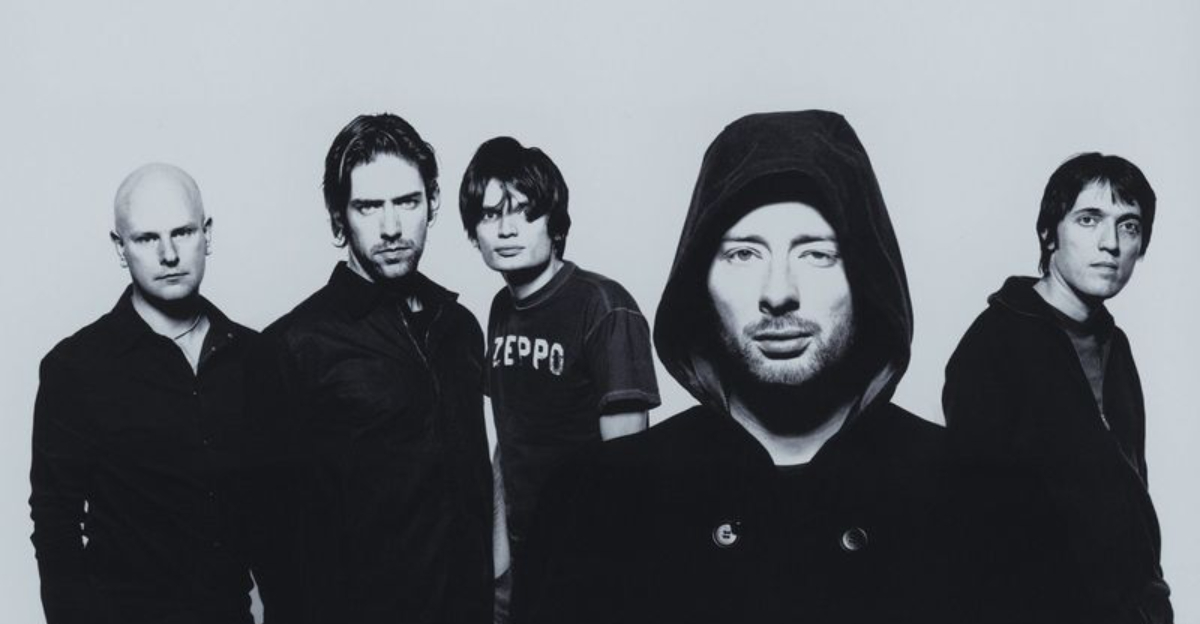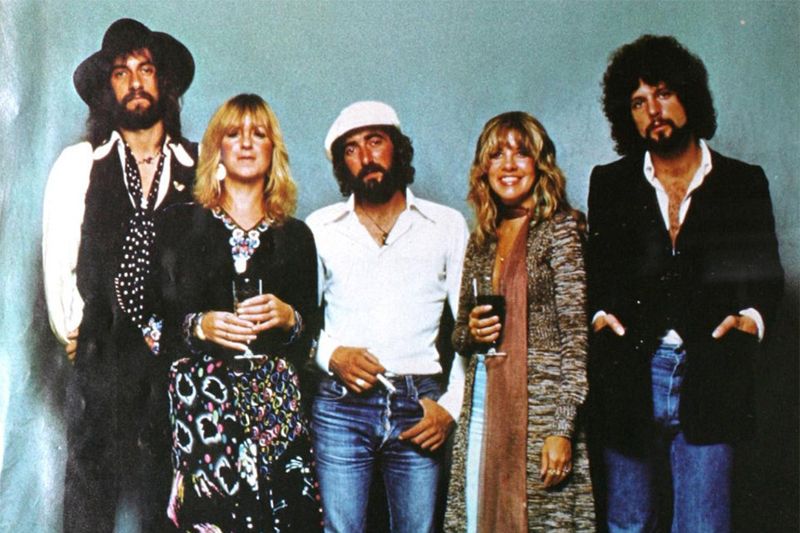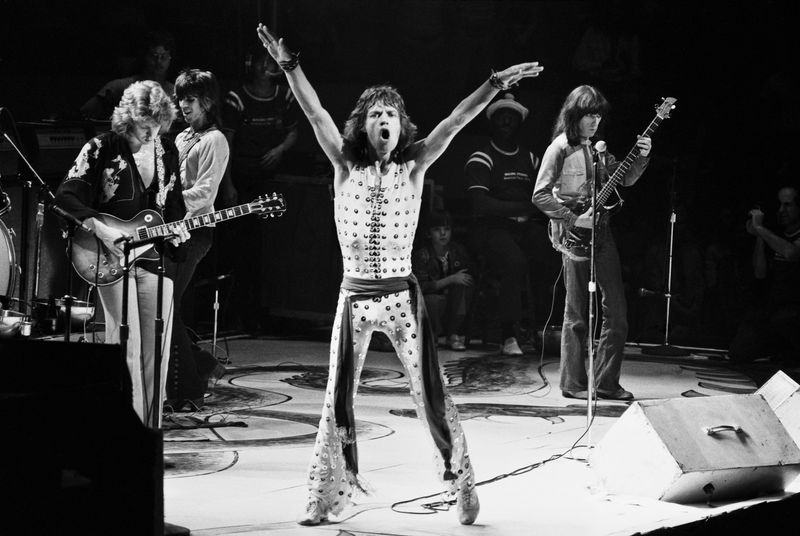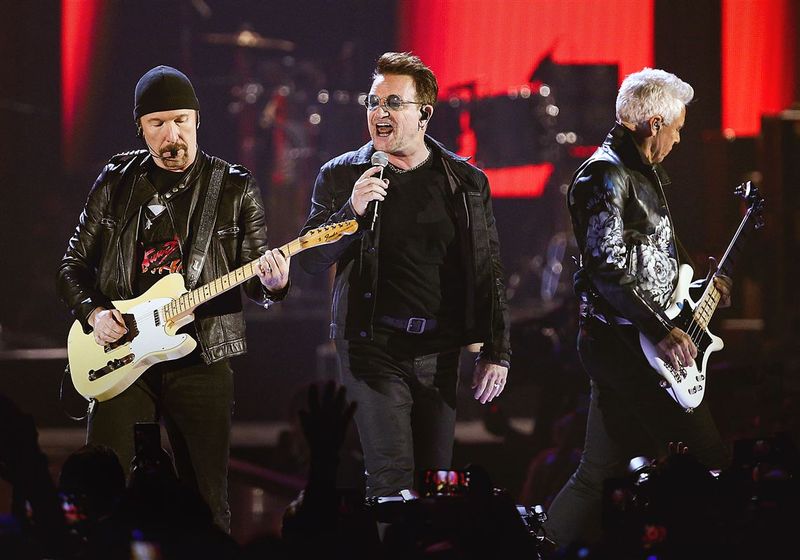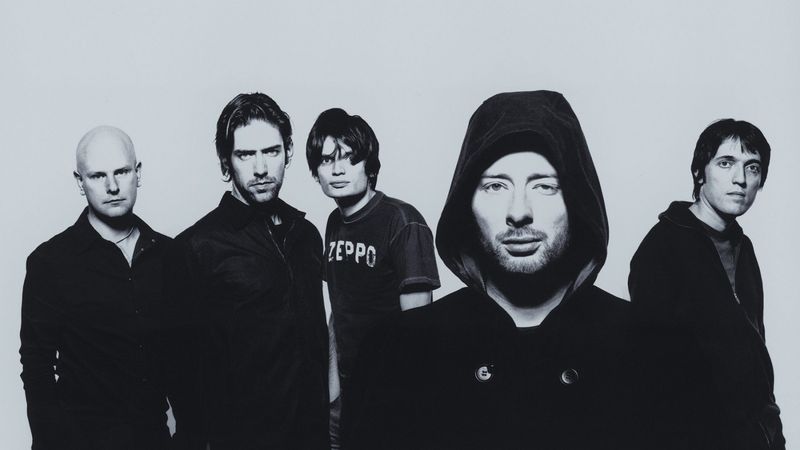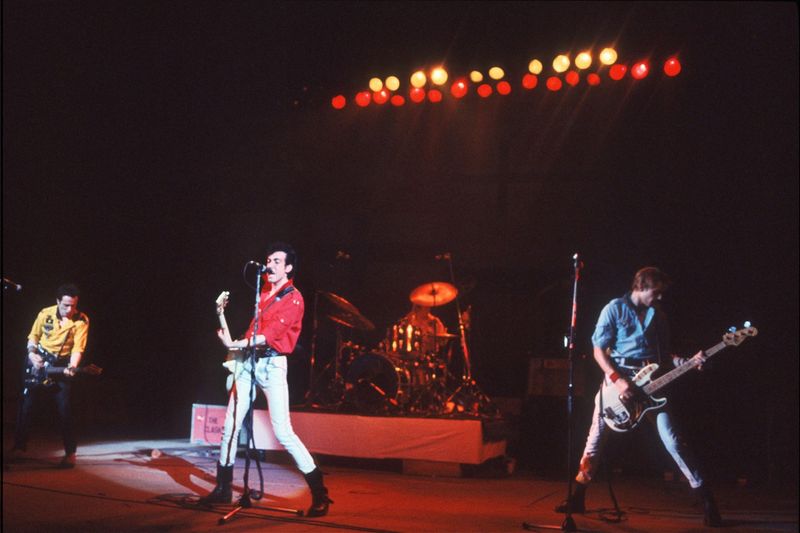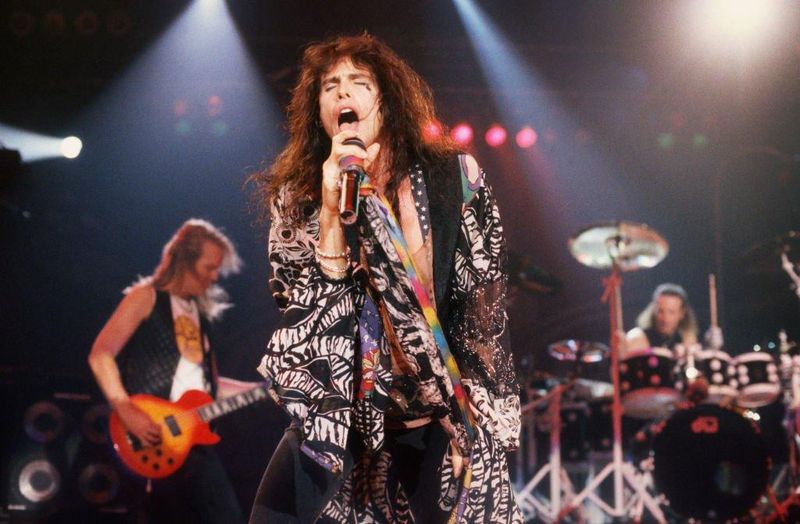In the ever-evolving world of music, many rock bands have found greater success by embracing change and reinventing their sound. These bands not only redefined their musical identities but also captured the hearts of new audiences worldwide.
From experimenting with new genres to collaborating with diverse artists, their journeys are a testament to the power of innovation in music. Here, we explore 15 rock bands that achieved new heights after abandoning their original sound, proving that sometimes, change is not only good—it’s essential for longevity in the music industry.
1. Fleetwood Mac
Fleetwood Mac started as a British blues trio in the ’60s but truly soared to fame in the ’70s with a pop-rock sound. The addition of Stevie Nicks and Lindsey Buckingham was pivotal. Their 1977 album, Rumours, became a cultural phenomenon. With relatable lyrics and harmonies that resonated globally, they crafted hits like “Go Your Own Way.” The synergy between band members brought a fresh energy to the music scene. This shift to a more mainstream sound led to one of the best-selling albums of all time, solidifying their place in rock history.
2. Genesis
Genesis transformed from a complex ’70s prog-rock band to ’80s pop-rock icons, largely due to Phil Collins’ charisma. Initially known for their intricate compositions, they embraced catchy melodies and accessible lyrics. Albums like Invisible Touch produced multiple Top 10 hits. By blending pop sensibilities with rock, they filled stadiums and won over a broader audience. This evolution in sound coincided with Collins’ rise as a solo artist, adding to their allure. Genesis demonstrated how adaptability could lead to sustained success and a legacy that spanned decades.
3. The Beatles
The Beatles, originally known for their catchy Merseybeat tunes, underwent a groundbreaking evolution. Albums like Sgt. Pepper’s and Abbey Road saw them delve into psychedelic and experimental sounds. This creative leap redefined popular music, breaking new ground with innovative recording techniques. Their transformation captivated fans and critics alike, resulting in timeless hits and record-breaking sales. By pushing boundaries, The Beatles became pioneers, influencing countless artists. Their ability to innovate while maintaining mass appeal remains unmatched, securing their spot as legends in music history.
4. The Rolling Stones
The Rolling Stones initially made waves with blues covers but evolved dramatically in the late ’70s. They infused disco and reggae into their music, producing hits like “Miss You” and “Emotional Rescue.” This shift not only kept them relevant but also topped the charts. Mick Jagger’s dynamic stage presence and the band’s willingness to explore new genres ensured their longevity. Their ability to adapt to changing musical landscapes without losing their core identity is a testament to their enduring appeal. This reinvention kept them at the forefront of rock.
5. U2
U2 began with earnest post-punk energy, but albums like The Joshua Tree and Achtung Baby catapulted them into pop-rock stardom. By incorporating expansive, danceable sounds, they crafted anthems that filled stadiums worldwide. Bono’s impassioned lyrics and The Edge’s innovative guitar work resonated deeply with fans. Their transformation into pop-rock icons was marked by a commitment to social issues, adding depth to their appeal. This evolution not only broadened their audience but also solidified their status as one of the biggest bands in the world.
6. Pink Floyd
Pink Floyd’s journey from underground psychedelia to progressive-pop juggernauts is legendary. Their album, The Dark Side of the Moon, is a masterpiece, blending complex soundscapes with philosophical themes. This creative leap transformed them into one of the best-selling bands ever. Their innovative use of technology in music production set new standards. The band’s willingness to explore existential questions resonated widely, drawing in listeners worldwide. Their music remains timeless, a testament to their artistic vision and the transformative power of embracing change.
7. Metallica
Metallica’s evolution from raw Bay Area thrash to a more polished rock sound expanded their fanbase significantly. Load and Reload marked this shift, embracing mainstream rock elements while retaining their signature intensity. James Hetfield’s powerful vocals and Kirk Hammett’s guitar prowess remained central. Their willingness to evolve musically attracted new listeners and broadened their appeal. This balance between staying true to their roots and exploring new territories allowed Metallica to maintain relevance and achieve enduring success in the ever-changing rock landscape.
8. Bon Jovi
Bon Jovi’s shift from gritty ’80s hard rock to glossy pop-metal ballads propelled them to superstardom. “Livin’ on a Prayer” became an anthem, showcasing their knack for crafting memorable hooks. Jon Bon Jovi’s charismatic stage presence and relatable lyrics resonated with fans globally. This transformation into arena-filling superstars was marked by a focus on polished production and broader appeal. By blending rock with pop sensibilities, they captured the hearts of millions, ensuring their place in music history. Their evolution showcased the power of reinvention.
9. Radiohead
Radiohead transcended their alt-rock beginnings with a bold embrace of electronic and ambient influences. Kid A marked a pivotal moment, shifting away from guitar-driven tracks to explore new sonic landscapes. This departure captivated listeners and critics alike, earning them critical acclaim. Their willingness to innovate set them apart, leading to a devoted fanbase. By challenging norms and embracing experimentation, Radiohead redefined their sound and solidified their status as musical pioneers. Their evolution is a testament to the power of artistic bravery and the endless possibilities of sound.
10. The Clash
The Clash expanded their punk roots by incorporating reggae, funk, and worldbeat elements into their music. Albums like London Calling and Sandinista! showcased this eclectic approach, producing hits like “Rock the Casbah.” Their willingness to experiment set them apart, breaking down genre barriers and appealing to diverse audiences. Joe Strummer’s passionate vocals and the band’s political edge resonated widely, earning them a lasting legacy. By embracing diverse influences, The Clash not only broadened their appeal but also reinforced their status as pioneers of punk rock innovation.
11. Aerosmith
Aerosmith’s resurgence in the late ’80s was marked by a collaboration with Run–DMC on “Walk This Way,” reviving their blues-rock edge. They then leaned into power-ballad pop-metal, producing hits that dominated the charts. Steven Tyler’s flamboyant stage presence and the band’s infectious energy captivated audiences. By blending rock with pop and hip-hop influences, they reached new heights. This evolution not only revitalized their career but also introduced them to a new generation of fans. Aerosmith’s adaptability and willingness to collaborate ensured their continued success.
12. Def Leppard
Def Leppard’s transition from NWOBHM power-chords to glossy, multi-layered pop-metal marked their ascent to stardom. Pyromania and Hysteria were pivotal, producing seven Top 10 singles. Their meticulous production and catchy melodies captivated audiences worldwide. Joe Elliott’s charismatic vocals and the band’s harmonious sound became their trademark. This evolution in sound not only broadened their appeal but also solidified their status as icons of ’80s rock. By embracing a polished, accessible approach, Def Leppard demonstrated that innovation could lead to enduring success.
13. Coldplay
Coldplay’s journey from introspective Brit-rock to lush, arena-ready anthems was marked by albums like Mylo Xyloto. The infusion of electronic elements and grand visuals captivated audiences globally. Chris Martin’s emotive vocals and the band’s ability to craft uplifting melodies became their hallmark. This evolution not only expanded their fanbase but also solidified their status as one of the leading bands of their generation. By embracing new sounds and technologies, Coldplay demonstrated the power of innovation in maintaining relevance and achieving widespread acclaim.
14. Linkin Park
Linkin Park’s transition from aggressive nu-metal to a more melodic, genre-blending rock was marked by Minutes to Midnight. This evolution broadened their fanbase, embracing diverse influences while retaining their core intensity. Chester Bennington’s powerful vocals and the band’s willingness to experiment resonated widely. By blending rock with elements of hip-hop and electronic, they crafted a unique sound that appealed to a wide audience. This adaptability not only ensured their continued success but also reinforced their reputation as pioneers of modern rock innovation.
15. Green Day
Green Day’s evolution from punk rawness to polished pop-punk anthems was marked by albums like Dookie and American Idiot. This transformation captured the zeitgeist, resonating with a generation. Billie Joe Armstrong’s charismatic stage presence and the band’s storytelling prowess became central to their appeal. By embracing rock-opera elements and broad themes, they crafted a sound that transcended traditional punk boundaries. This shift not only solidified their mainstream stardom but also showcased the power of reinvention in capturing new audiences and maintaining relevance.
